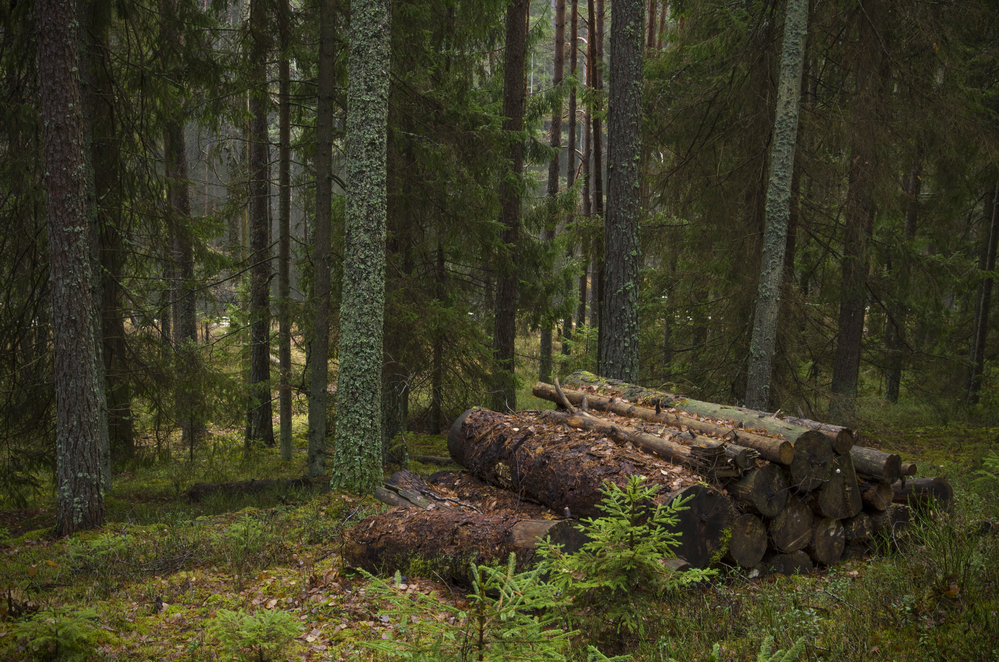The British Columbia (B.C.) province is taking another important step to support the recovery of endangered spotted owls while promoting biodiversity and accelerating the protection of old-growth forests.
As part of an integrated strategy to re-establish a sustained breeding population in some of B.C.’s old-growth forests, the Province has extended an old-growth logging deferral in the Spuzzum and Utzilus watersheds in the Fraser Canyon that spans 32,671 hectares. The deferrals have been extended for another two years, until Feb. 28, 2025.
Extending these deferrals supports the long-term recovery of this species. More than 280,000 hectares of spotted owl habitat have been protected as part of an integrated strategy that safeguards 100,000 hectares of long-term owl habitat, in addition to the 180,000 hectares of protected habitat within provincial parks, Greater Vancouver watersheds, ecological reserves and regional parks.
Taken together, this is an area large enough to maintain a self-sustaining population of 125 spotted owl breeding pairs.
Deferrals on commercial logging in spotted owl habitat improve protection and recovery efforts, and help enhance biodiversity in British Columbia. There has been no active commercial tree harvesting in the two Fraser Valley watersheds since the deferrals came into effect.
Deferrals have been implemented on approximately 2.1 million hectares of old-growth forests to prevent biodiversity loss. The B.C. government recently launched new measures to protect more old growth by fast-tracking innovation and co-developing new local plans with First Nations to better care for B.C.’s forests. These plans will prevent harvesting in old-growth forests important for ecosystem health, biodiversity, clean water, carbon storage and Indigenous values. They will also provide greater certainty about the areas where sustainable harvesting can occur to support jobs and investment.
